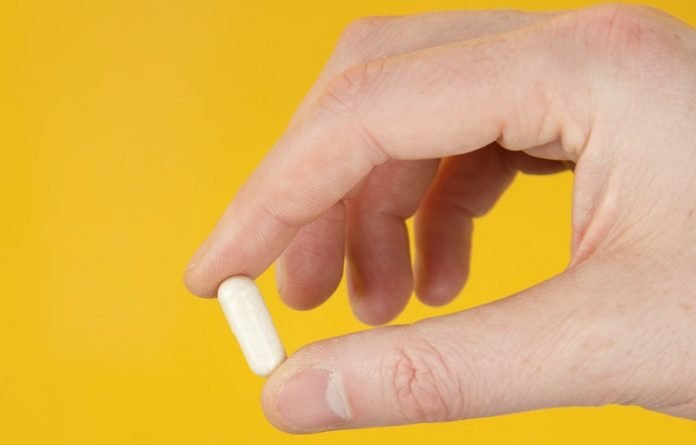
Scientists from UC Davis Health found that the antiviral tecovirimat appears to be safe and effective for the treatment of monkeypox symptoms and skin lesions.
The recent global outbreak of monkeypox has led to more than 45,500 cases as of August 22, 2022. While symptoms usually resolve on their own in 2-4 weeks, a recent study showed that 13% of patients needed hospitalization.
Tecovirimat (TPOXX) is an FDA-approved antiviral drug for the treatment of smallpox.
It limits viral spread in the body by inhibiting the work of the protein involved in the release of the enveloped virus.
Recently, the Centers for Disease Control and Prevention (CDC) allowed physicians to prescribe tecovirimat on a compassionate use basis to treat adults and children with orthopoxvirus infections, including monkeypox.
In the study, researchers examined 25 patients with monkeypox who were given tecovirimat therapy.
Patients with skin lesions in multiple body parts or in sensitive areas such as the face or genital region were offered oral tecovirimat treatment.
The treatment was weight-based, given every 8 or 12 hours, and was taken within 30 minutes of a high-fat meal.
All patients completed the tecovirimat therapy and tolerated their treatment well. They were treated for two weeks, except for one patient who was treated for 21 days.
On day 7 of therapy, 40% of patients had healed from their lesions. By day 21, 92% had healed and were pain-free.
The most reported side effects on day 7 of therapy included: fatigue (28%), headache (20%), nausea (16%), itching (8%) and diarrhea (8%).
The study was small and did not include a control group. So, assessing antiviral efficacy in terms of symptom duration and severity was limited.
Also, the time from symptom onset to starting the antiviral therapy varied among the patients.
The researchers called for large-scale studies to explore antiviral efficacy dosing and adverse events.
If you care about Monkeypox, please read studies about new symptoms in monkeypox, and whether monkeypox is the next pandemic.
For more information about the pandemic, please see recent studies that half of people with COVID-19 have ‘long COVID’ symptoms, and results showing scientists find antibodies that block all the COVID-19 variants.
The research was published in JAMA and conducted by Angel Desai et al.
Copyright © 2022 Knowridge Science Report. All rights reserved.



